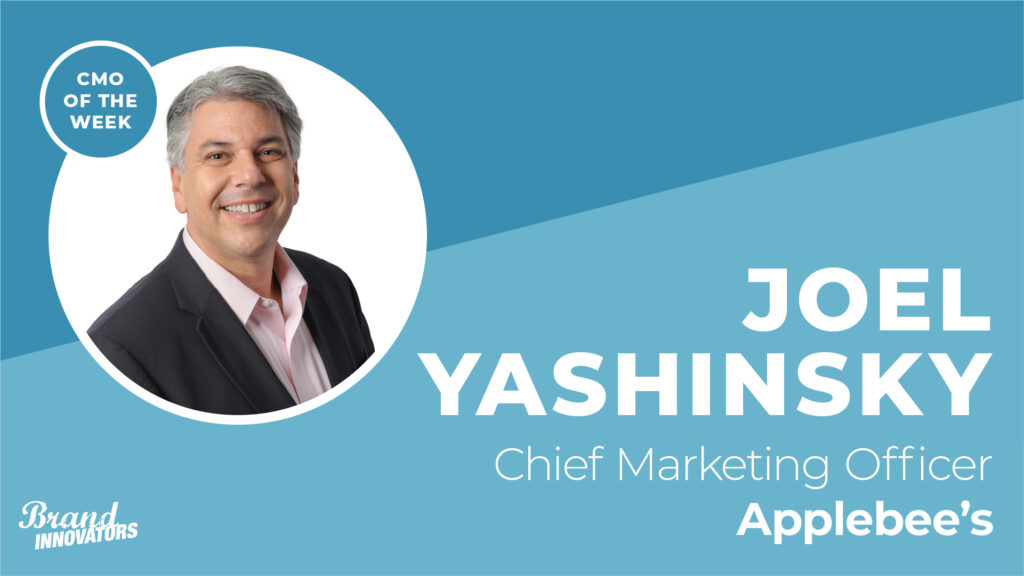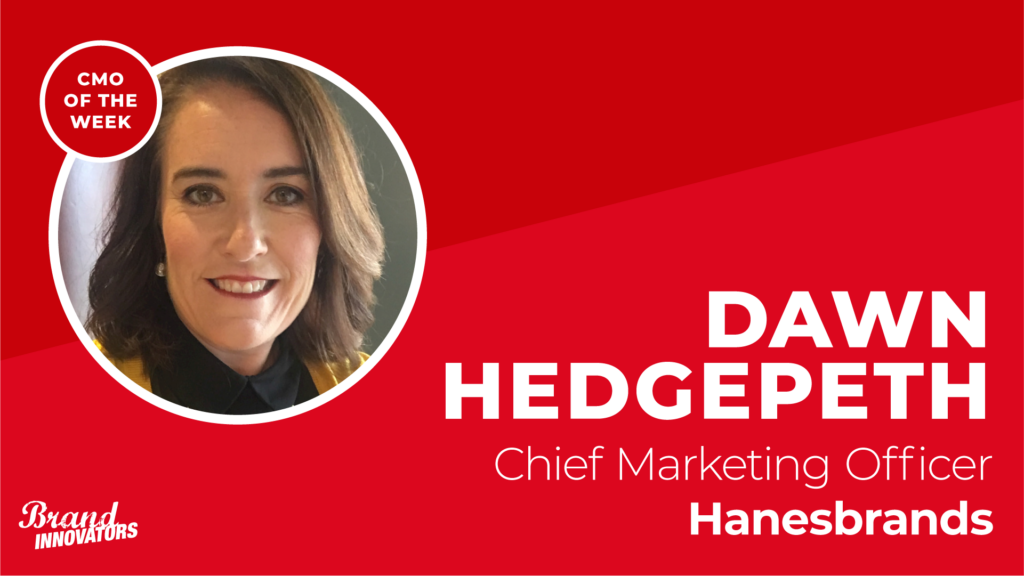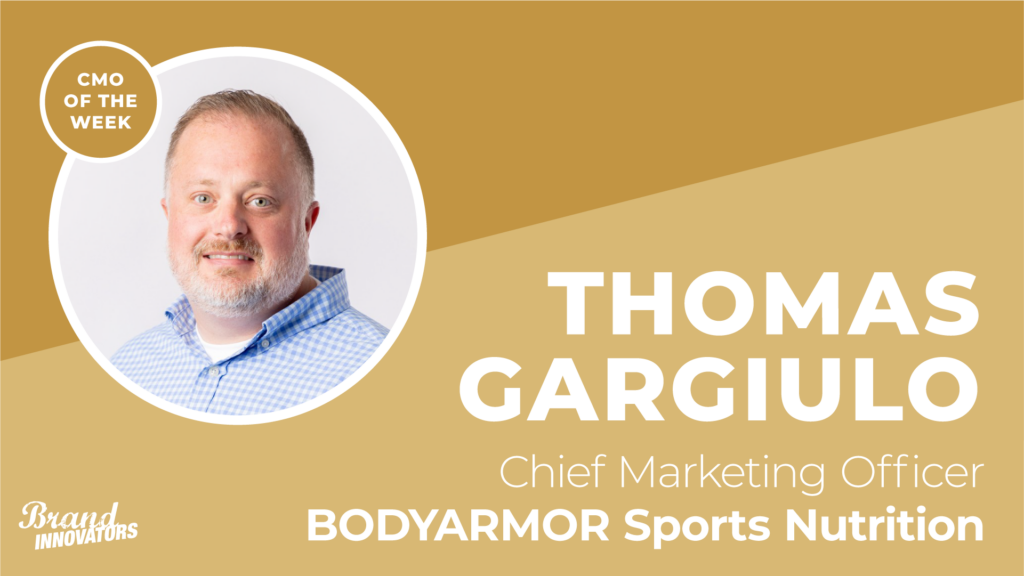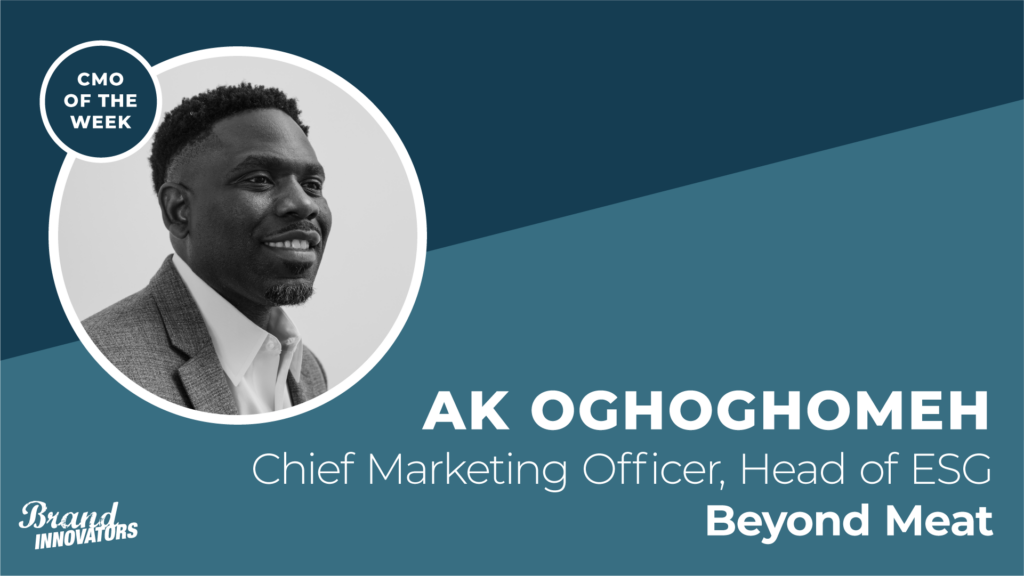Jenny Chen knows her way around global heritage brands. Spending most of her career at elite ad agencies including Wieden + Kennedy and Havas, and brands including Adidas, Nike and Pepsi, she was intrigued by the new opportunity to lead marketing for Wild Fork Foods –a startup on a mission to change how Americans shop for protein.
“I’m in a luxury position with a heritage brand, everyone understands the value of the brand and my job is measured by brand KPI,” says Chen. “But now, I’m in charge of all the business pressure and sustainable business growth at the same time.”
As an international marketer from Shanghai, Chen has experience working in Asia, Europe and the US. For her latest role, she left Portland to work at Wild Fork’s Miami headquarters. “All the brands I’ve been working with are very much sport, culture, lifestyle and now I’m suddenly moving into the food industry and moving from Portland to Miami.”
Wild Fork Foods is focused on high quality, affordably priced meat and seafood. The brand has more than 700 products from everyday grocery staples to premium Wagyu and other exotic cuts available at grocery stores, big box stores and online. The challenge is that not many people know about the brand yet.
“When you’re working with global brands, it’s already established. There’s only so much that you can do. There’s a lot of process and different scope or different team you have to work with,” explains Chen. “I’m really excited about moving into a startup environment and building something from the ground up.”
Brand Innovators caught up with Chen from her office in Miami to talk about moving from heritage brand to startup, focusing on the customer & the importance of diverse teams. This interview has been edited for length and clarity.
How are you telling the Wild Fork story?
It’s really starting to be like, hey, how can we build a foundation? Because brand building is not something you can do overnight. We need a lot of foundation. How we are looking at our media strategy when we focus on the lower funnel before we can start transitioning into a full funnel. What does that mean for our budget planning? And what is listening to the customers? And what’s the story there that gets them to stay loyal to us? What gets them excited about us?
We are building a brand platform as well, so that will be the North Star to cover everything we are doing –all the stories and messages that we are communicating to the customers moving forward. I believe in the power of marketing. I believe in the power of brand building. I believe in the power of creativity.
Can you share your approach to storytelling?
I always start with the customer’s point of view. We can have a very clear vision and purpose for Wild Fork nourishing people’s lives. We have the best assortment of restaurant quality food for our customers. But to tell a story about a brand, I still need to better understand the insights of the customers. What is the human truth that actually gets people excited about the product that we offer? And then how to bring the story out with the right media and with the right experience.
My starting point is always looking at all the data, of what a customer tells us, not only those customers who love us, but also looking at why one and done customers left us. How can we bring them back and retain the current customers? It’s everything’s about understanding the customers before we say, this is a story, this is a brand platform.
How are you thinking about innovation for the brand?
Innovation is really looking into what’s the differentiator, what makes us different and compared to our competitors. Wild Fork actually has a very interesting business model. We don’t have direct competitors. We are looking at people buying protein ads when they’re buying it now. They’re buying it at a supermarket. They’re buying at a super club like Walmart or Costco. If you go to the counter and you look at the label and that’s what you buy, that’s the experience that you have. But with our brand, our shop store associate will be able to tell you what’s the sourcing of the product, how you best cook it, how you best defrost it and why frozen is fresher.
One of our brand pillars is to be a personal chef and a friendly butcher. Creating a unique and a different experience for the customers is how we are looking at innovation. Also looking at service, how we can actually really provide personalized service through our customer care and through the experience in the store.
Can you talk about your audience and how you reach them?
We had a brand study last year and we identified what’s the persona for our customers.
There’s our loyal customers, who are a little bit older. They love cooking, care about the quality and variety of the product. They are most loyal to us. We also have young couples, who are sensitive about the price and also preparing food for their partners and their families. We also have a grill person who grills like every Friday. They call it Wild Fork Friday for grilling, hanging out with friends and doing that.
I’m really looking into the mindset because there’s so many different segments. When we communicate a story, I’m really focused on two segments. One is the grill guy and one is the meal planner –no matter male or female– because those two mindsets are really different. We need to make sure our communication stories there are customized and are really speaking to what they are looking for when they are choosing protein.
Can you talk about your background that has prepared you for this role?
I have a pretty diverse cultural background. I was born and raised in Shanghai and started my career in advertising at Wieden + Kennedy and spent five years working at Nike, where I learned marketing or advertising 10. That really taught me about the value of brand building and really looking at how we’re using marketing as a tool to build a brand and drive sustainable growth. Then I moved into the marketing side to join Adidas and work internationally in London and Amsterdam. I spent my past seven years with Adidas in Portland.
My background really taught me the value of brand building and really looking at the long term, short term, and how we’re using marketing as a tool and believe in the power of creativity. It’s also about collaboration with different functions and teams. We’re not magicians, we cannot do everything. We have to make sure that when we’re looking at marketing, how we talk to the customers is connected to the product. For example, connecting to ecommerce and our store environment, because that’s where the consumer touch points are. No matter how great your story is, if you don’t provide experience, you will lose them very quickly.
Can you talk about what you have learned from so much international experience?
My international experience teaches me how to really listen and respect and understand the nuances and cultural nuances across different regions and different ways of working and communication styles.
As someone from a non-English native language background, I want to set an example for others in marketing who English is not their native language for those who are afraid to voice their opinion or don’t think marketing will be the role or the job they can develop because marketing is all about communication. My job is to present and sell and yes, language is really important. I have to do a lot of homework to prepare myself for a presentation but that should not be the barrier.
I really want to encourage more people from different backgrounds to pursue marketing as your career. As long as you can communicate, you will articulate the story and get people excited. It doesn’t really matter what background you come from and what language you are speaking.




